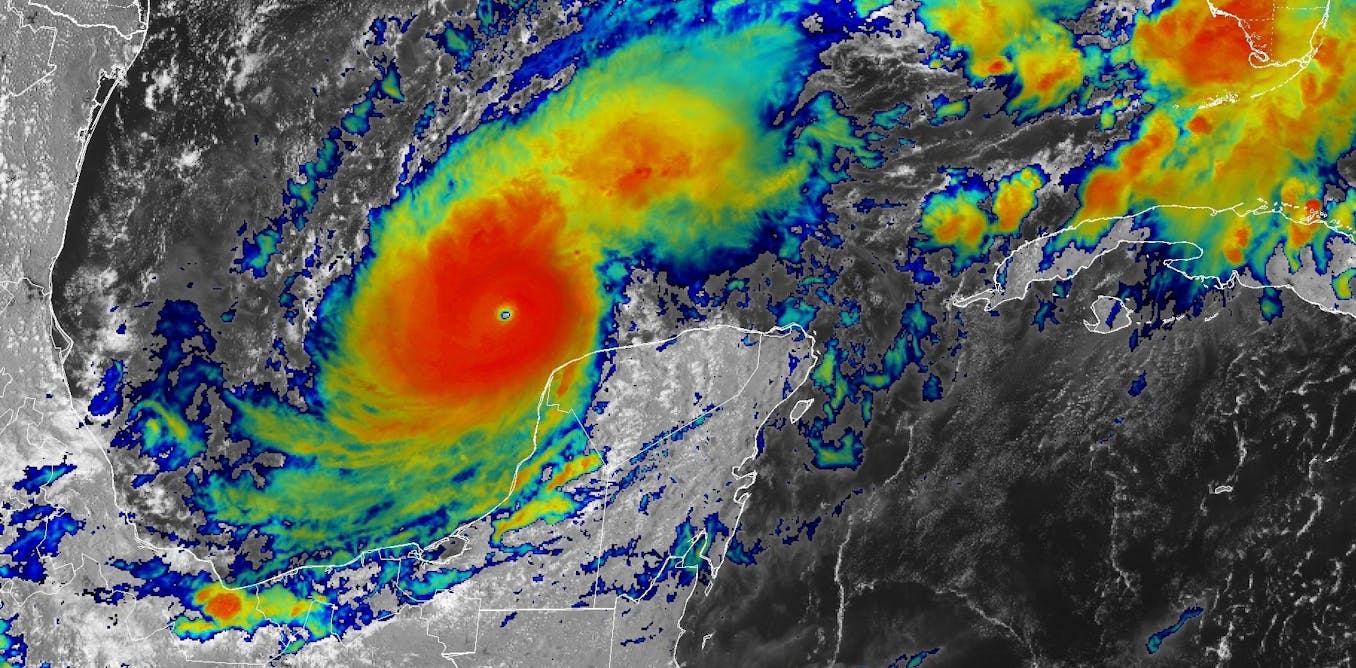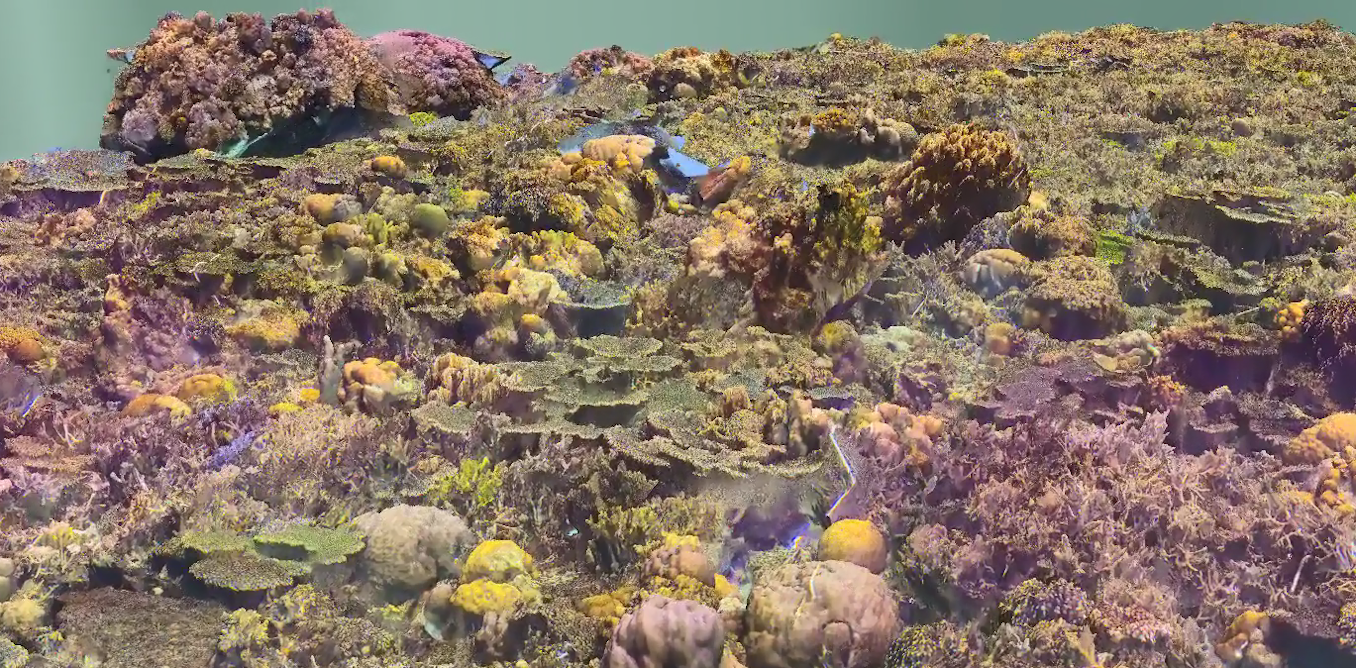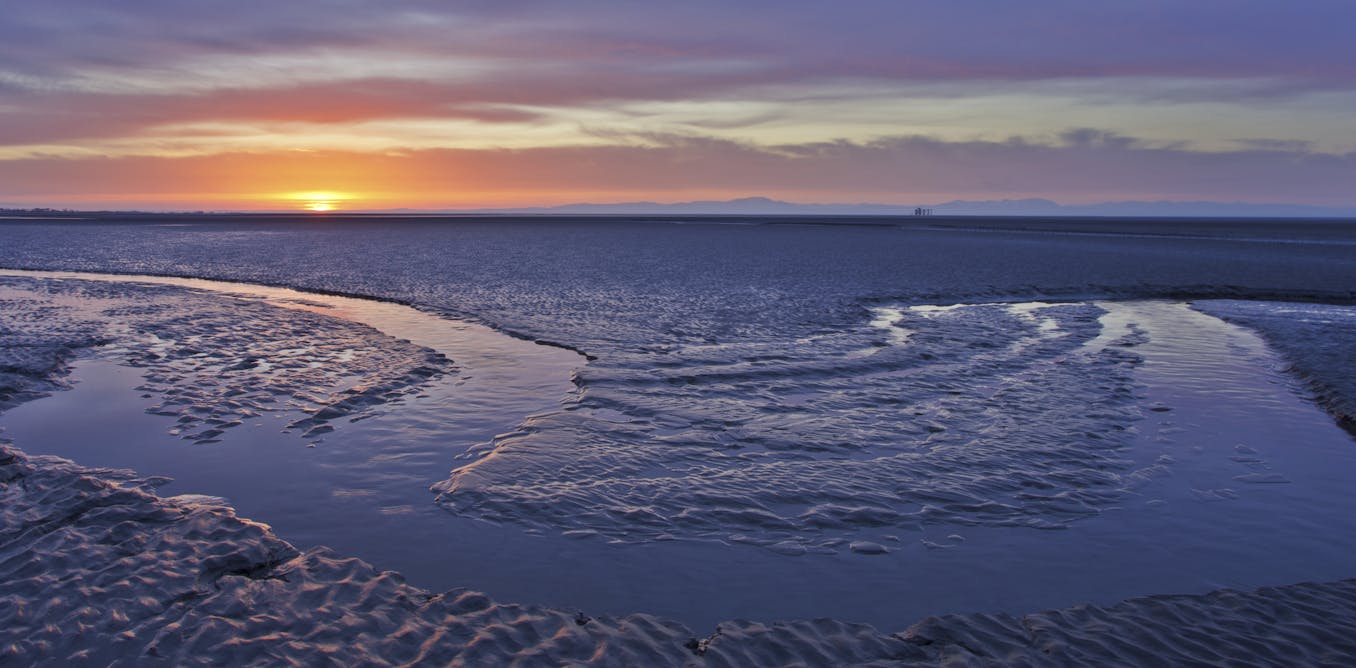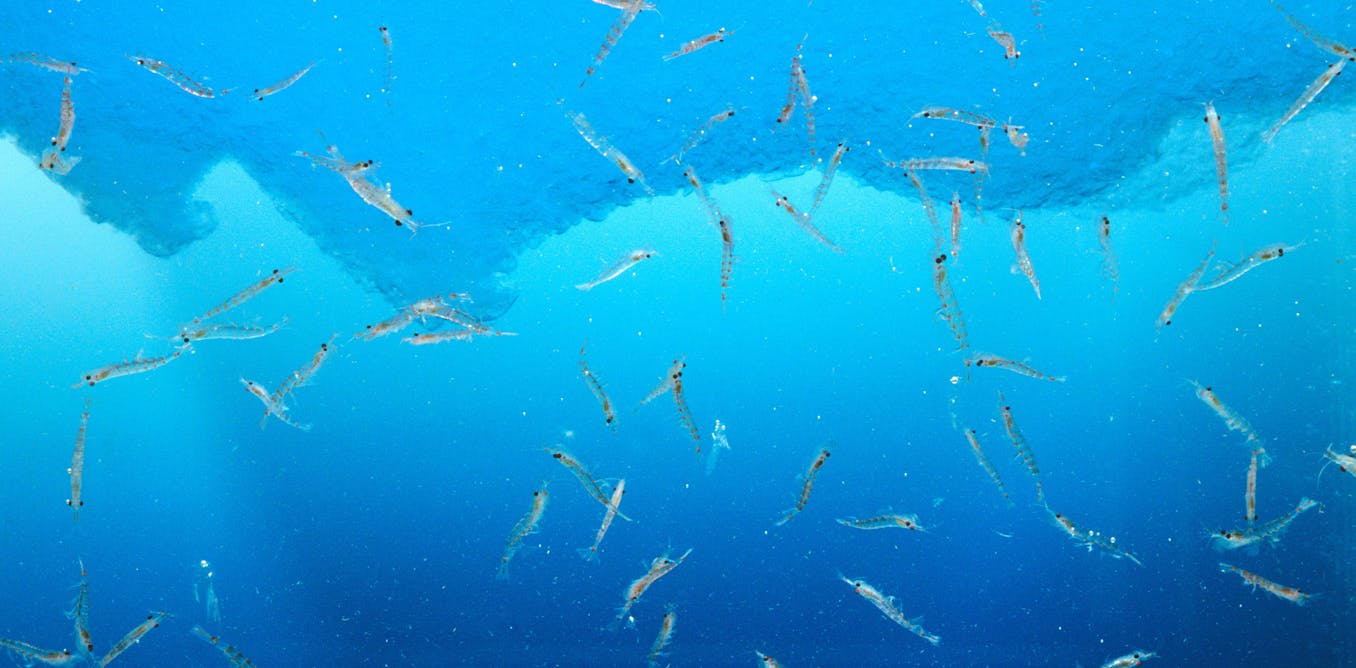Atmospheric rivers are shifting poleward, reshaping global weather patterns
These powerful ‘rivers in the sky’ provide a huge share of annual precipitation in many regions, including California. They can also melt sea ice, with global climate implications.
Oct. 11, 2024 • ~8 min










